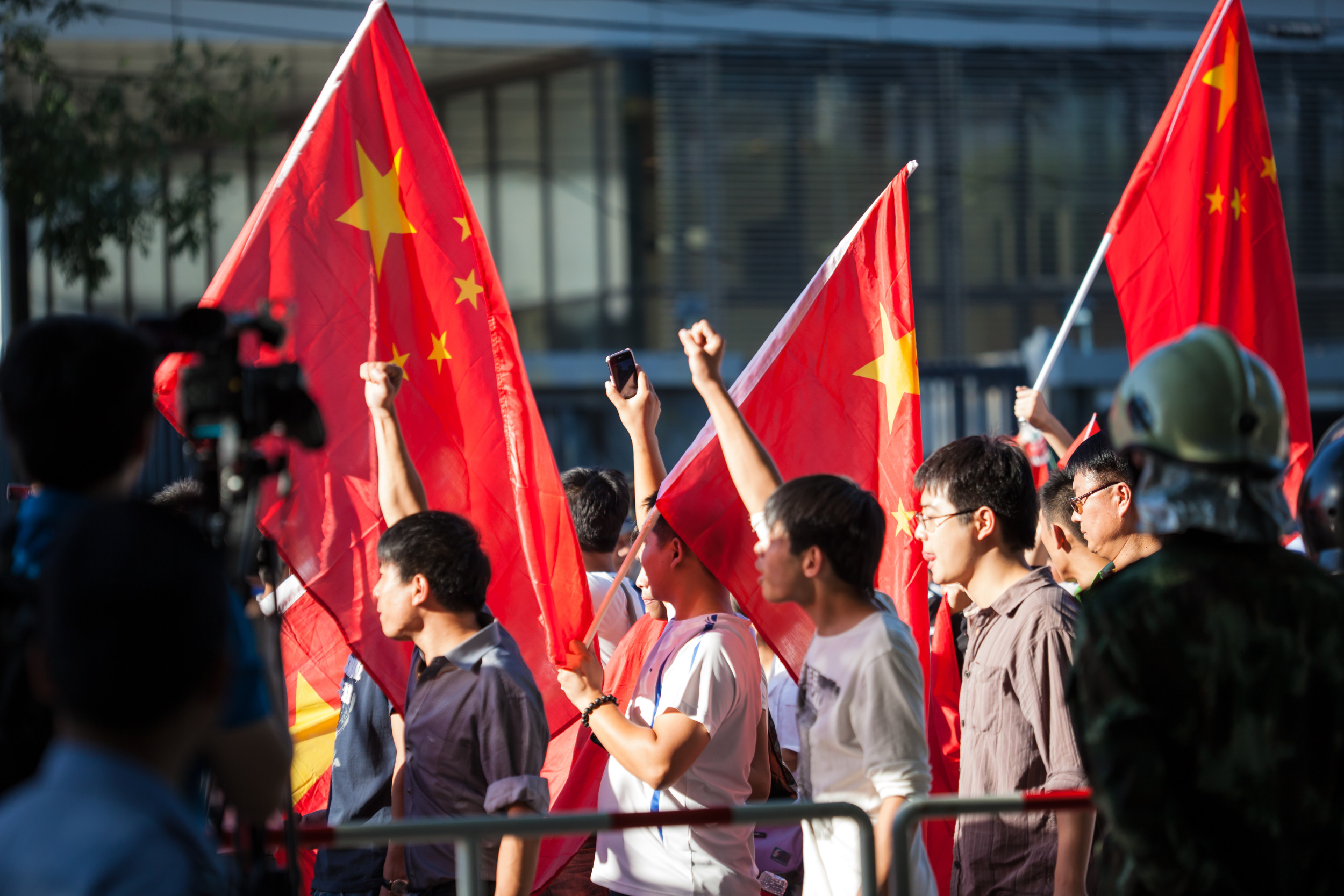The recent murder of a 10-year-old Japanese boy in Shenzhen has reignited discussions about the rising anti-Japanese sentiment in China.
The tragic incident involved a 44-year-old man named Zhong, who attacked the boy near the Shenzhen Japanese School. Sadly, the child succumbed to his injuries the following day.
This attack marks the second violent incident targeting Japanese citizens in just three months, following a previous knifing that left a Japanese woman and her child hospitalized.

Getty Images
Many Japanese commentators attribute the rise in hostility to the Chinese government, suggesting that President Xi Jinping’s emphasis on historical grievances with Japan is exacerbating these tensions. Toshimitsu Shigemura, a professor at Waseda University, noted that education under Xi has become increasingly anti-Japanese, which he believes is a tactic to bolster domestic support amid economic challenges.
In a striking display of nationalism, students at a middle school in Shandong even reenacted the assassination of former Japanese Prime Minister Shinzo Abe, a figure known for his controversial military policies and visits to the Yasukuni Shrine, a site that angered many in China.
On social media platforms like Bilibili, reactions to the murder were mixed. Some users expressed confusion over the attention the case received, while others highlighted past grievances against Japan, such as wartime atrocities and environmental concerns related to recent issues at the Fukushima plant.
This incident has also prompted a diplomatic clash. Japanese Prime Minister Fumio Kishida condemned the act as “despicable,” urging China to investigate thoroughly. In response, Chinese Foreign Minister Wang Yi assured that the probe would be conducted legally but cautioned Japan against politicizing the matter.
A spokesperson for the Chinese Foreign Ministry echoed this sentiment, labeling the attack as an isolated occurrence and pushing back against claims linking the murder to broader anti-Japanese sentiments in China.
Japanese authorities confirmed that the suspect is detained and investigations are ongoing. A recent survey by Genron NPO highlights the growing animosity between the two nations, revealing that 92.2% of Japanese respondents view China unfavorably, a notable increase from the previous year. On the Chinese side, 62.9% hold negative views of Japan, consistent with prior sentiments.
This complex relationship is marked by rising tensions and a mutual lack of trust, with historical grievances and current geopolitical disputes fueling negative perceptions on both sides.
